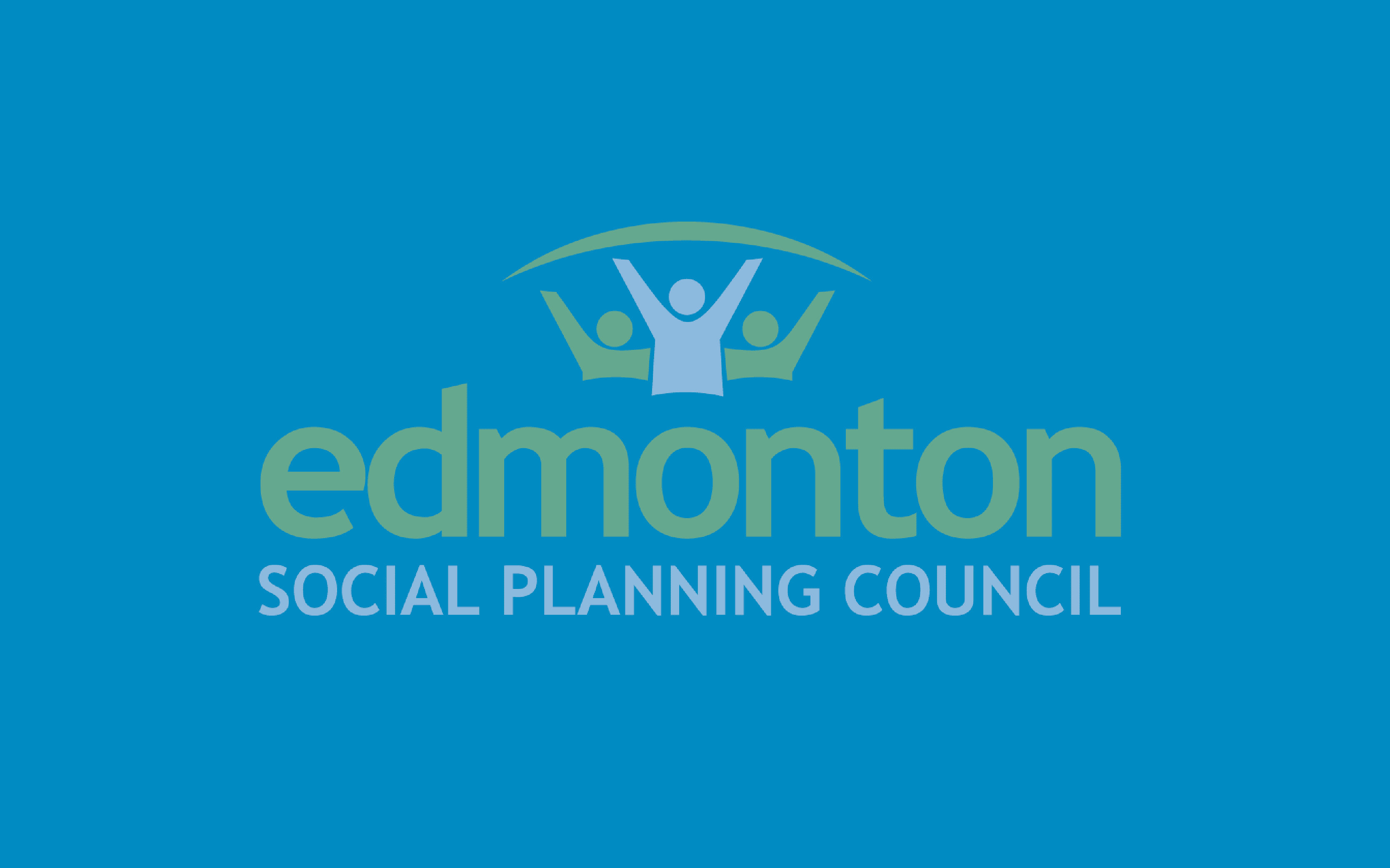[et_pb_section fb_built=”1″ _builder_version=”4.7.0″ custom_margin=”0px||0px||false|false” custom_padding=”0px||0px||false|false” global_colors_info=”{}”][et_pb_row column_structure=”3_4,1_4″ use_custom_gutter=”on” gutter_width=”2″ _builder_version=”4.7.7″ _module_preset=”default” width=”100%” custom_margin=”0px||||false|false” custom_padding=”0px||0px||false|false” border_width_bottom=”1px” border_color_bottom=”#a6c942″ global_colors_info=”{}”][et_pb_column type=”3_4″ _builder_version=”4.7.0″ _module_preset=”default” global_colors_info=”{}”][et_pb_post_title meta=”off” featured_image=”off” _builder_version=”4.7.4″ _module_preset=”default” title_font=”||||||||” custom_margin=”||3px|||” border_color_bottom=”#a6c942″ global_colors_info=”{}”][/et_pb_post_title][/et_pb_column][et_pb_column type=”1_4″ _builder_version=”4.7.0″ _module_preset=”default” global_colors_info=”{}”][et_pb_image src=”https://edmontonsocialplanning.ca/wp-content/uploads/2020/12/COLOUR-BLOCKS_spaced-300×51.png” title_text=”COLOUR BLOCKS_spaced” align=”center” _builder_version=”4.7.7″ _module_preset=”default” max_width=”100%” max_height=”75px” custom_margin=”0px|0px|0px|0px|false|false” custom_padding=”10px|0px|20px|0px|false|false” global_module=”96648″ global_colors_info=”{}”][/et_pb_image][/et_pb_column][/et_pb_row][et_pb_row column_structure=”3_4,1_4″ use_custom_gutter=”on” gutter_width=”2″ make_equal=”on” _builder_version=”4.7.7″ background_size=”initial” background_position=”top_left” background_repeat=”repeat” width=”100%” custom_margin=”0px|auto|0px|auto|false|false” custom_padding=”30px|0px|0px|0px|false|false” global_colors_info=”{}”][et_pb_column type=”3_4″ _builder_version=”4.5.6″ custom_padding=”0px|0px|0px|0px|false|false” global_colors_info=”{}” custom_padding__hover=”|||”][et_pb_text _builder_version=”4.7.5″ _dynamic_attributes=”content” _module_preset=”default” text_font=”|600|||||||” text_text_color=”#2b303a” custom_padding=”||32px|||” global_colors_info=”{}”]@ET-DC@eyJkeW5hbWljIjp0cnVlLCJjb250ZW50IjoicG9zdF9kYXRlIiwic2V0dGluZ3MiOnsiYmVmb3JlIjoiIiwiYWZ0ZXIiOiIiLCJkYXRlX2Zvcm1hdCI6ImRlZmF1bHQiLCJjdXN0b21fZGF0ZV9mb3JtYXQiOiIifX0=@[/et_pb_text][et_pb_text _builder_version=”4.10.8″ text_text_color=”#2b303a” text_line_height=”1.6em” header_2_font=”||||||||” header_2_text_color=”#008ac1″ header_2_font_size=”24px” background_size=”initial” background_position=”top_left” background_repeat=”repeat” text_orientation=”justified” width=”100%” module_alignment=”left” custom_margin=”0px|0px|0px|0px|false|false” custom_padding=”25px||||false|false” hover_enabled=”0″ locked=”off” global_colors_info=”{}” sticky_enabled=”0″]
Written by Nicole Sobus, ESPC Volunteer
Introduction
COVID-19 has impacted all Albertans in devastating and widely different ways, but people with disabilities have pre-existing, unique, and complex concerns that have been exacerbated by the crisis.
People with disabilities are more likely to experience poverty, isolation, unemployment, and child welfare intervention. Other factors such as ableism, discrimination, and human rights violations also contribute to the struggle. As the pandemic unfolded, other concerns developed, such as access to personal protective equipment and increased susceptibility to adverse outcomes and death from COVID-19. Response to these challenges has come in many forms from the federal and provincial governments as well as through social agencies, but the impact these services have on each individual varies, with many people voicing concerns that it is not enough. Inclusion Canada (formerly the Canadian Association for Community Living) and a coalition of 34 national disability organizations have put out a call to action to address concerns and create changes in order to protect the lives and well-being of people with disabilities—but challenges are still going unaddressed.
Challenges
People with disabilities have been more vulnerable to COVID-19 for numerous reasons. Some disabilities occur with overarching medical conditions that contribute to more severe outcomes and death. Individuals living in group homes or other facilities have been at greater risk of coming into contact with COVID-19. As well, individuals who are unable to perform hygienic practices, such as hand-washing, are more susceptible to catching the virus. There have also been concerns about inadequate access to personal protective equipment, particularly in group homes and private residences.
According to children’s rights advocates, “The COVID-19 pandemic has created a catastrophic crisis for children and youth with disabilities and their families.” One of the major implications has been an increase in child welfare cases in which parents cannot meet the needs of their children. Families are scared to reach out for help due to stigma and as a result go without accessing supports.
Financial challenges for people with disabilities are widespread across the province due to a lack of employment opportunities and low wages. Yet the government of Alberta has cut funding to income support programs geared towards people who have disabilities, who do not qualify for Assured Income for the Severely Handicapped (AISH), and who cannot work. The government cited COVID-19 as the reason for the cuts. What’s more, people with disabilities did not qualify for the Canadian Emergency Response Benefit (CERB), which would have increased their monthly living allowance from $1,685 to $2,000. CERB was considered an adequate monthly living amount for those experiencing employment loss or interruption, and critics argue it should be a minimum living wage for people with disabilities.
Access to services inside and outside of the home have changed or stopped completely, sometimes leaving people isolated. This has been devastating for people who rely on others outside of their home for daily living supports and social interaction. Access to hospital care and appointments have also been impacted, with cases of people denied care or unable to attend appointments without a caregiver or support person.
Response and Supports
Government response to COVID-19 and its impact on people with disabilities has been less than adequate, but some steps have been taken to support people with disabilities, their families, and their caregivers. The federal government developed protocols such as infection prevention and control measures, as well as guidelines for personal protective equipment use for those supporting disabled individuals. There was also a one-time federal disability grant, but recipients were only eligible if they also qualified for the Disability Tax Credit. The Alberta government compiled information for caregivers on how to care for people with disabilities and added people with certain disabilities to Phase 2B of the vaccine rollout. However, neither provincial nor federal governments have set forth any specific enforcement measures to hold caregivers accountable in providing COVID-19 care and ensuring people have access to the daily living services they need. Most supports for individuals are provided by non-profit agencies. Edmonton has a large number of organizations serving those with disabilities, but access to services during COVID-19 has been inconsistent between agencies, and qualification requirements differ.
The Bigger Picture
The COVID-19 pandemic has highlighted systemic problems that have impacted disabled individuals for generations. The rights of individuals with disabilities are consistently ignored, individuals experience a disproportionate amount of hardship compared to those without disabilities, and there is very little monitoring or enforcement to protect vulnerable people. Though supports are available, their impact is limited due to qualification barriers, challenges to apply, and service delivery. The spotlight on employment during the pandemic has also been revealing due to work from home mandates. This shows that there is flexibility in work environments and process. However, people with disabilities are often refused such accommodations despite a duty to accommodate outlined in the Alberta Human Rights Commission.
The call to action by Inclusion Canada upholds the human rights of people with disabilities, which is necessary for the changes that are required to end inequities between abled and disabled people. COVID-19 has opened people’s minds to see that there are alternative ways to function in a society where more people are now experiencing illness and associated hardships. Perhaps this crisis could be a catalyst for these changes if our systemic status-quo is challenged enough? Unfortunately, the future for people with disabilities remains uncertain.
About the Volunteer

Nicole Sobus is a mom of two courageous, independent kiddos and an advocate for neurodiversity awareness and disability rights. Her vision is to create barrier-free schools, work environments, and public spaces for marginalized individuals. As a neurodiverse individual, Nicole is compassionate yet fierce, striving for equity and understanding along her journey.
[/et_pb_text][/et_pb_column][et_pb_column type=”1_4″ _builder_version=”4.7.4″ custom_padding=”0px|20px|0px|20px|false|false” border_color_left=”#a6c942″ global_colors_info=”{}” custom_padding__hover=”|||”][et_pb_testimonial author=”Posted by:” job_title=”@ET-DC@eyJkeW5hbWljIjp0cnVlLCJjb250ZW50IjoicG9zdF9hdXRob3IiLCJzZXR0aW5ncyI6eyJiZWZvcmUiOiIiLCJhZnRlciI6IiIsIm5hbWVfZm9ybWF0IjoiZGlzcGxheV9uYW1lIiwibGluayI6Im9uIiwibGlua19kZXN0aW5hdGlvbiI6ImF1dGhvcl93ZWJzaXRlIn19@” portrait_url=”@ET-DC@eyJkeW5hbWljIjp0cnVlLCJjb250ZW50IjoicG9zdF9hdXRob3JfcHJvZmlsZV9waWN0dXJlIiwic2V0dGluZ3MiOnt9fQ==@” quote_icon=”off” portrait_width=”125px” portrait_height=”125px” disabled_on=”on|off|off” _builder_version=”4.7.7″ _dynamic_attributes=”job_title,portrait_url” _module_preset=”default” body_text_color=”#000000″ author_font=”||||||||” author_text_align=”center” author_text_color=”#008ac1″ position_font=”||||||||” position_text_color=”#000000″ company_text_color=”#000000″ background_color=”#ffffff” text_orientation=”center” module_alignment=”center” custom_margin=”0px|0px|4px|0px|false|false” custom_padding=”32px|0px|0px|0px|false|false” global_colors_info=”{}”][/et_pb_testimonial][et_pb_text disabled_on=”on|off|off” _builder_version=”4.7.7″ _dynamic_attributes=”content” _module_preset=”default” text_text_color=”#000000″ header_text_align=”left” header_text_color=”rgba(0,0,0,0.65)” header_font_size=”20px” text_orientation=”center” custom_margin=”||50px|||” custom_padding=”48px|||||” global_colors_info=”{}”]@ET-DC@eyJkeW5hbWljIjp0cnVlLCJjb250ZW50IjoicG9zdF9jYXRlZ29yaWVzIiwic2V0dGluZ3MiOnsiYmVmb3JlIjoiUmVsYXRlZCBjYXRlZ29yaWVzOiAgIiwiYWZ0ZXIiOiIiLCJsaW5rX3RvX3Rlcm1fcGFnZSI6Im9uIiwic2VwYXJhdG9yIjoiIHwgIiwiY2F0ZWdvcnlfdHlwZSI6ImNhdGVnb3J5In19@[/et_pb_text][/et_pb_column][/et_pb_row][/et_pb_section]
